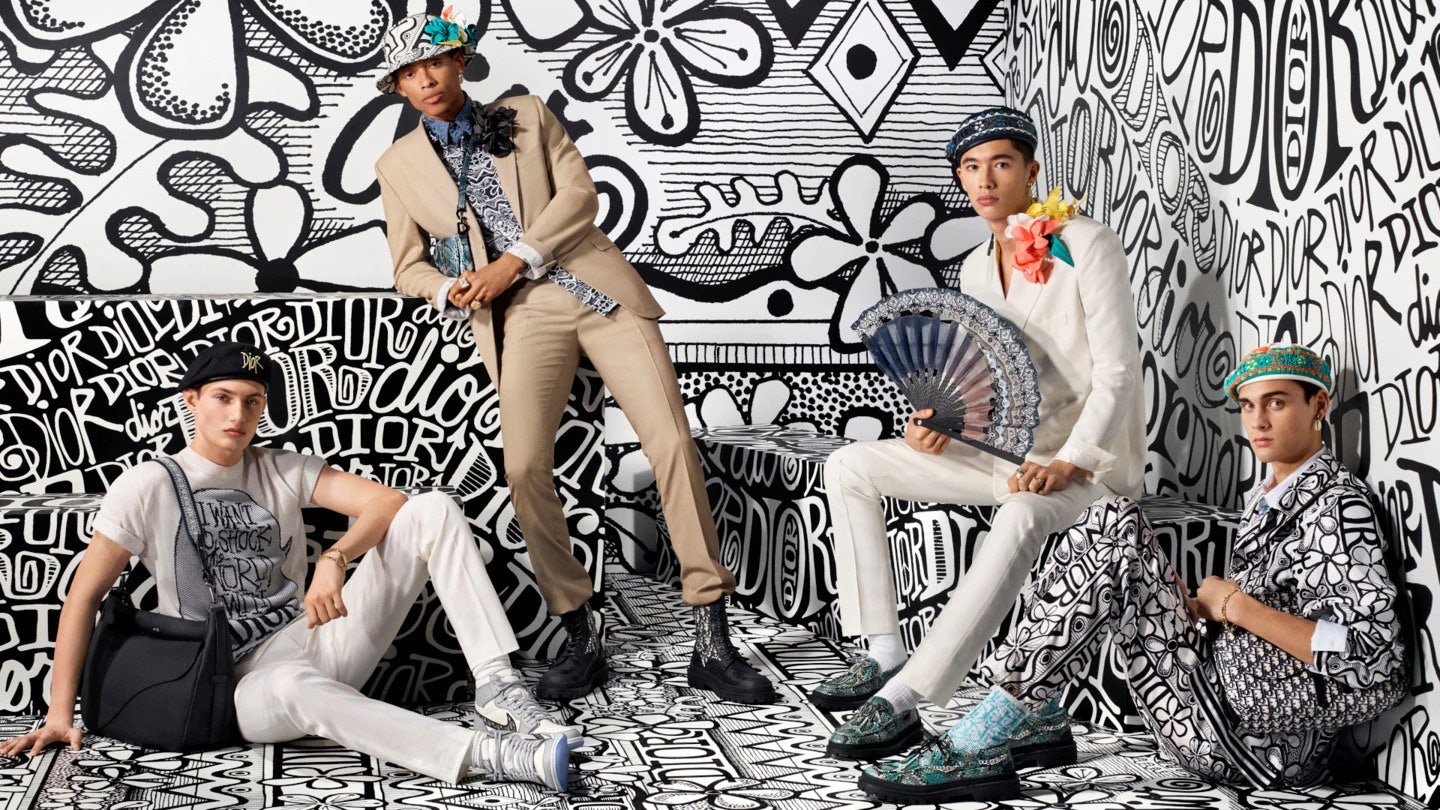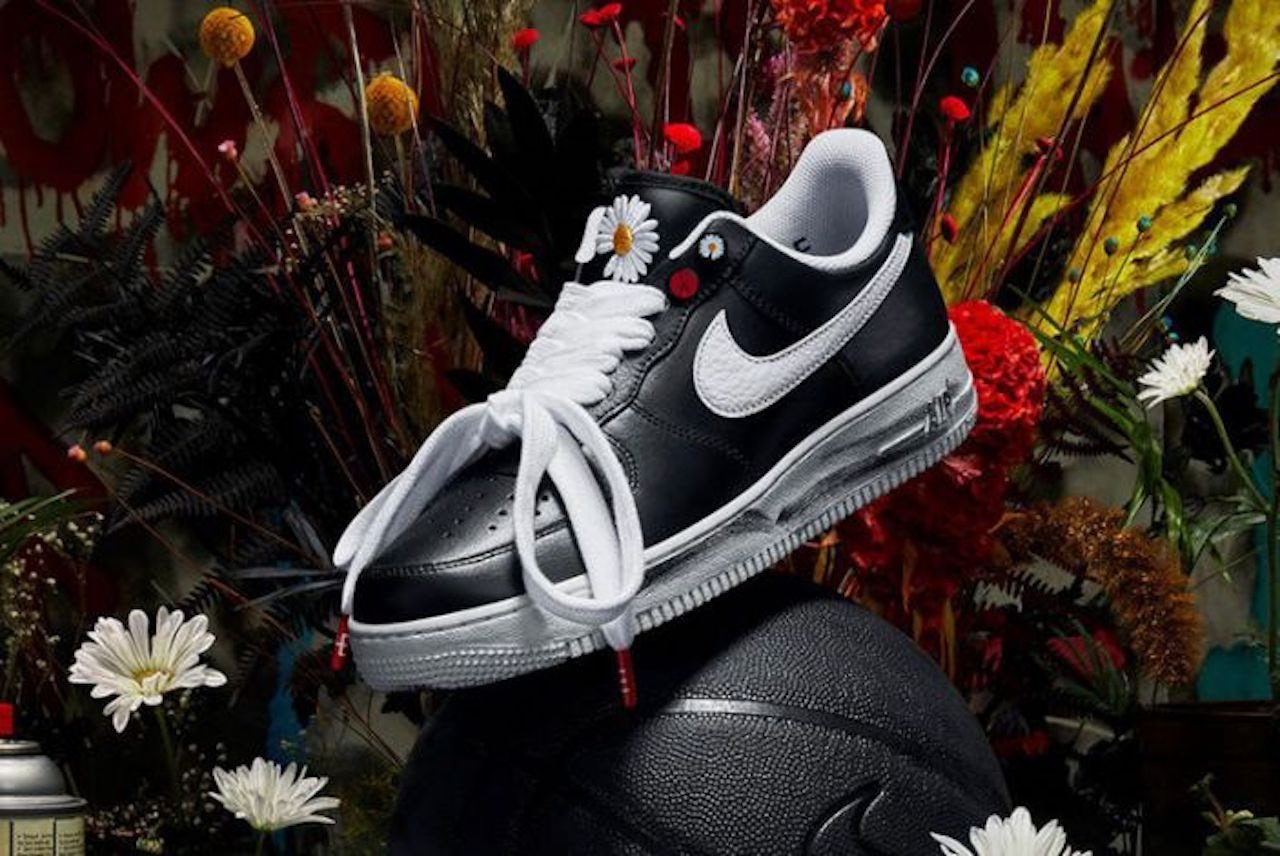After approximately 9.5 million students took the Gaokao — China's national college entrance exam, which ended on June 9 this year — sneaker launches, resales, and auctions across the country have seen their businesses thrive despite the ongoing COVID-19 pandemic.
Gaokao students, who are mostly between the ages of 17-20 years old, make up the consumer bracket that will push the sneaker businesses to an entirely new level. They are already familiar with all the classic products, from the Back to the Future Nike Air Mags and the Air Yeezy 2 Red Octobers to the Air Dior High OG and the Off White Nike Dunk, and any other swaggy sneaker that has been chased by Chinese customers over the years. However, new co-branded products will always arouse new interest from the market. After all, a Gaokao student shopping frenzy is a tradition and a way to release years of academic pressures. In addition to desirable limited-edition drops from sportswear brands, those consumers tend to spend more attention and cash on luxury-streetwear crossovers.
On June 25, Dior launched a registration mini page on WeChat after the Air Jordan 1 Dior was released. Chinese fans entered a raffle to win the shoes but knew their chances of scoring a pair were one in a million. According to Pietro Beccari, the CEO of Christian Dior Couture, those odds were roughly on point, saying that around five million global entries were received on the one-day registration for the 8,000 available pairs. Surprisingly, the resale prices for the Jordan 1 Dior in China were projected to start at 10,000 and reach 25,000 to 30,000. Internationally, the retail price is currently between 2,000 and 2,200. Gen-Z customers have crowned this pair of luxury sneakers the “king of footwear in 2020,” both due to its high price and the massive hype.
Footwear trading has blossomed in China, and the country has quickly become one of the biggest sneaker resale markets in the world. Nike's footwear revenue in the Greater China area from 2009 to 2019 increased 4.5 times from 940 million U.S. dollars to 4,262 million U.S. dollars. Yet, at the apex of the pandemic in February and March, resale prices of certain top-sellers slumped, unsurprisingly.
Gaokao has brought a new influx of earnings to the footwear market. According to the half-year economic data released by the Chinese business bureau, China’s sneaker market is seeing a surge. Following this trend, Chinese e-commerce giants Tmall and JD.com have helped athletic brands cope with their overstock inventories via online direct-selling flagship stores, and the digital marketing on those platforms has helped luxury brands create online buzz and offline sales. "Many very young customers come to the store with a clear plan, mapping their target shoes,” said Michael Liu, the manager of Solestage Beijing. “Sometimes they don’t even try the shoes on; they just come to get them… You can smell the market potential on them. It’s not a subculture anymore.”
This group of young sneaker enthusiasts is creating more diverse possibilities for companies to explore a greater range of statement shoes. To these consumers, sneakers are no longer just something to wear or to collect. Instead, Gen-Z has its own underlying understanding of footwear, seeing it as a means to express their edgy, unique lifestyles. Developed from basketball and hip-hop culture, students are now choosing sneakers as an upgrade from their Gaokao school uniforms.
In China, e-commerce and KOC marketing are trending, so Gen Zers aren’t only playing the role of the purchaser. They’ve taken advantage of this trend by launching online stores to resell footwear and have shared their passion for shoes by creating multiple chat pages to exchange sneaker comments and ideas. They apply for sales intern positions at street-brand stores to get the first-hand info and organize offline sneaker-lover gatherings that attract celebrities. Meanwhile, user-friendly sneaker Apps and payment systems, KOC culture, livestreaming, and a growing luxury brand presence in China have only made this trend stronger.
“I don’t want to be a regular customer only buying sneakers to show off,” said Aixieqiqi (“Kiki who loves sneakers” in Chinese), who owns hundreds of shoes and has thousands of fans on her social media. “I want to be a sneaker blogger when I go to college.” She said she bought her first pair of co-branded sneakers when she was 13, eventually becoming a professional global shoe source. She follows the latest products, examines shoes, and operates via her own social media channels. “I think this is my career,” she exclaimed. “I applied to design schools because I want to know more about what’s behind shoe design and fashion trends, so I can prepare to develop my sneaker business.”
The shoe economy won’t always exist as a niche market — it will evolve into a complete commercial system that combines online and offline sales, domestic and international marketing channels, entry-level customers and KOCs, and more types of brand crossovers. And looking back, it will be thanks to the enthusiasm and know-how of China’s Gen-Z sneaker enthusiasts.

